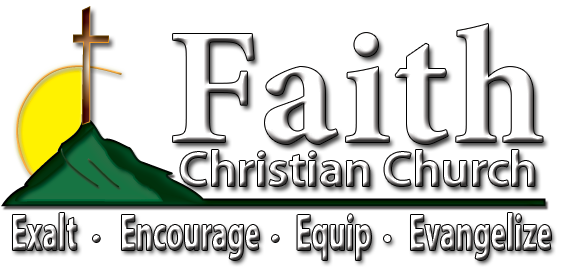This post is submitted by our Children’s Ministries Director, Erin Skifter
Recently, my young son developed an acute and completely irrational fear of bugs. We’re talking ants, ladybugs, and don’t even get into spiders or bees.
While running an errand to some close friends, I reminded my kids about the “new rules”: no hugging or getting too close, and we would not be going inside the home. My boys have been taking the lockdown like champs. Fortunately, we already home educate; they haven’t had much exposure to the mayhem of waiting in line for the store in a mask; and we don’t directly know anyone who is ill. But they’ve experienced things that, in their fairly privileged life, were new: Mom not being able to find their favorite foods (although they did enjoy the turkey and stuffing I was forced to make early on), a sudden concern about how much toilet paper they were using, and not being able to see the families who have been there for them from their earliest days. So in this instance, when my son started walking into the house and was reminded we’d be staying outside, he panicked.
Being vulnerable is hard. In Genesis 3, Adam and Eve were in trouble. God gave them instructions (to keep them safe), which they did not follow. So they were “ashamed” and covered it up (verse 7), then they were “afraid” and hid (verses 8-10), this led to blame (verses 12 & 13). Elijah was afraid and he ran (1 Kings 19). He then fell into self pity (verse 4) and later he, too, utilized blame—accusing God of dropping the ball.
David was a complicated man. The Psalms are full of praises and songs of trust, but he was not immune to the feelings of “How long, O Lord?!” But in Psalm 77, he stands before God a vulnerable, afraid and troubled man who is also confident in the Lord’s care and provision:
Psa 77:1-15 (ESV) I cry aloud to God, aloud to God, and he will hear me. 2 In the day of my trouble I seek the Lord; in the night my hand is stretched out without wearying; my soul refuses to be comforted. 3 When I remember God, I moan; when I meditate, my spirit faints. Selah 4 You hold my eyelids open; I am so troubled that I cannot speak. 5 I consider the days of old, the years long ago. 6 I said, “Let me remember my song in the night; let me meditate in my heart.” Then my spirit made a diligent search: 7 “Will the Lord spurn forever, and never again be favorable? 8 Has his steadfast love forever ceased? Are his promises at an end for all time? 9 Has God forgotten to be gracious? Has he in anger shut up his compassion?” Selah 10 Then I said, “I will appeal to this, to the years of the right hand of the Most High.” 11 I will remember the deeds of the LORD; yes, I will remember your wonders of old. 12 I will ponder all your work, and meditate on your mighty deeds. 13 Your way, O God, is holy. What god is great like our God? 14 You are the God who works wonders; you have made known your might among the peoples. 15 You with your arm redeemed your people, the children of Jacob and Joseph. Selah
This morning I forced my boy outside and watched him duck flies and grimace at other critters. Suddenly, it came pouring out of him: “I’m sorry, Mom! I’m not afraid of bugs— I’m worried about coronavirus! I’m afraid because I can’t see it, and I’m afraid I’m going to get it, or what if you get it?! I’m sorry Mom, it was just easier to be afraid of bugs for awhile!”
Wow! What a level of emotional maturity that 9-year-old showed!
When we are in a time of unexplained or intense fear and anger we can look to this Psalm for a way forward:
- “I cry aloud to God” vs. 1- David also says “I moan” and “I’m so troubled I cannot speak.” (3,4) It has been shown that venting to a friend actually stirs up negative emotions, but God can handle our exasperated “why me? Why this?” Bring this to Him.
- Be honest. After his initial crying out, David says “then my spirit made a diligent search.” (vs 6). In the following verses he confesses that his fear was actually a statement on what he believed about God: “Has His steadfast love forever ceased?” (vs 8).
- Remember. “I will remember the deeds of the Lord;” (vs. 11) David reminds himself of the God who has made His might known. Later in the Psalm, we see that God’s might is sometimes shown by His people doing nothing but waiting, such as the parting of the Red Sea (vs. 19), and sometimes He is calling us to take an active role, as he called Moses and Aaron (vs. 20)
Talking about it not only allowed him to feel better, but he was able to get real solutions to his fear—whether it was information like how the virus does/doesn’t spread or the reminder that “I cry aloud to God, aloud to God and He will hear me” (Ps. 77:1). It is easy to mask fear with anger, blame or other fears, but the strong can say “In the day of my trouble I seek the Lord.” (Ps.77:2)
